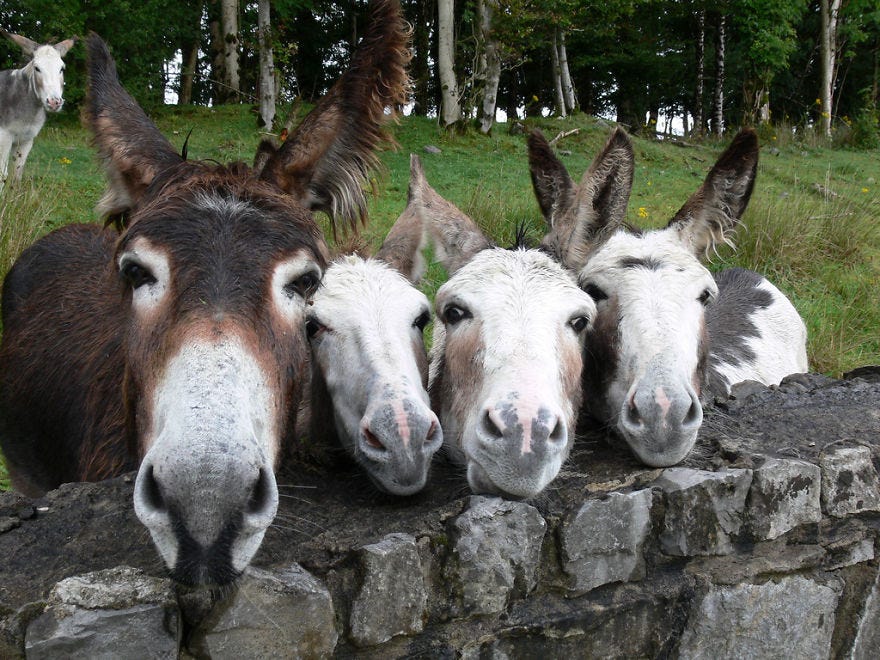Do non-human animals possess morality?
The question sparks debate among scientists and philosophers
This post is a follow-up to the previous post, The Evolutionary Roots of Morality, by exploring the question: Do non-human animals possess morality? The topic remains a point of contention among scientists, psychologists, and philosophers. While humans have developed intricate moral systems, it is unclear whether animals comparably experience morality. Key considerations include:
Social Animals and Cooperation
Many social species—such as primates, elephants, dolphins, and certain birds—display behaviors suggesting fairness, cooperation, and empathy. For example, primates often share food, assist group members, and comfort the distressed. These behaviors represent moral-like tendencies shaped by evolutionary pressures to promote social cohesion and ensure group survival.
Altruism
Some animals engage in altruistic acts that benefit others at their own expense. For instance, certain bird species sound alarms to warn of predators, risking their own safety to protect the group. Such actions are often explained through evolutionary mechanisms like kin selection (helping relatives) and reciprocal altruism (helping others with an expectation of future support).
Empathy and Emotion
Elephants, dolphins, and some primates exhibit empathy by responding to the emotions of others, such as comforting animals in distress. While these behaviors might form the basis for moral action, they are generally considered biological responses rather than conscious moral decisions.
Moral Reasoning
Despite displaying moral-like behaviors, most researchers agree that non-human animals lack the abstract moral reasoning characteristic of humans. Human morality involves complex ideas about justice, rights, and duties, influenced by cultural norms and rational deliberation. By contrast, non-human animals act based on instinct, social dynamics, and emotional triggers rather than adhering to a structured moral framework.
Human Morality is Animalistic
It is essential to note that humans are animals and human morality is far from purely rational. While human moral systems may appear intricate and objective, they are deeply influenced by emotions, biology, and evolutionary drives. These systems unconsciously prioritize the preservation of the species.
Human thought, including advanced moral reasoning, is greatly influenced by emotions and biology. Human moral systems rest on unproven, irrational, and self-serving axioms At their core, these systems are evolutionary constructs—subjective, species-specific, and deeply intertwined with our biology. The distinction between complex human moral frameworks and the intuitive, emotion-driven behaviors observed in animals is less pronounced than humans tend to believe.
.
Related reading:
A quick look at how the human brain works
Free will is an illusion, but a useful one
.





If a sparkly thing is left on a table near a window, one might return to find it missing and an object in its place. Crows will take things and leave something else. Of course, we cannot know if the crow reasons morally, but it seems that the crow is trading one thing for another, a tit-for-tat. This might be little comfort if the crow has taken a diamond ring and left a shiny chewing gum wrapper. Yet, it seems that the crow believes it is behaving morally and did not steal the jewel,